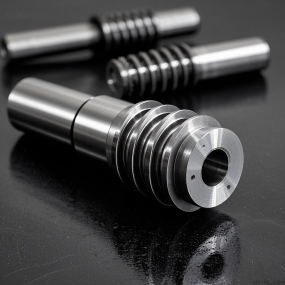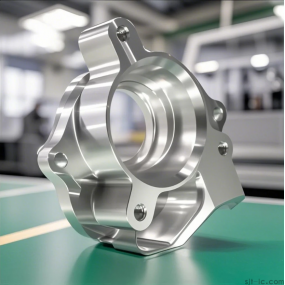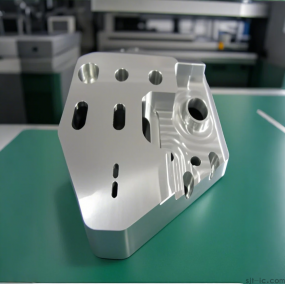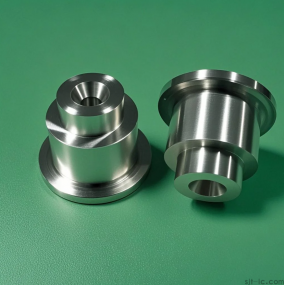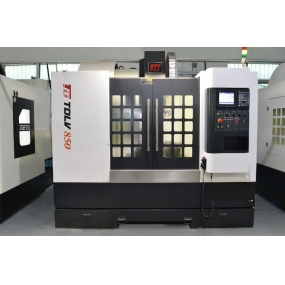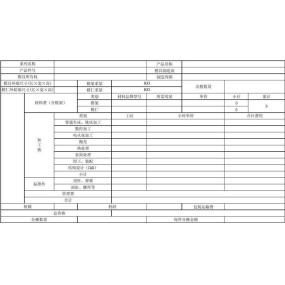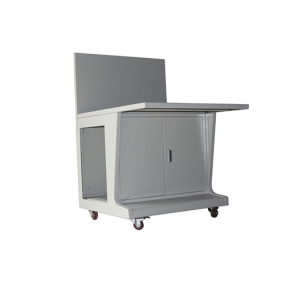Hey there! 👋 Are you a project manager or engineer feeling stuck trying to find a trustworthy partner for your precision metal parts? You're not alone. I've been there, scrolling through countless suppliers, wondering who actually delivers on their promises of quality and consistency. The wrong choice can lead to costly delays and headaches. Let's break down how you can make a smarter decision. 🤔
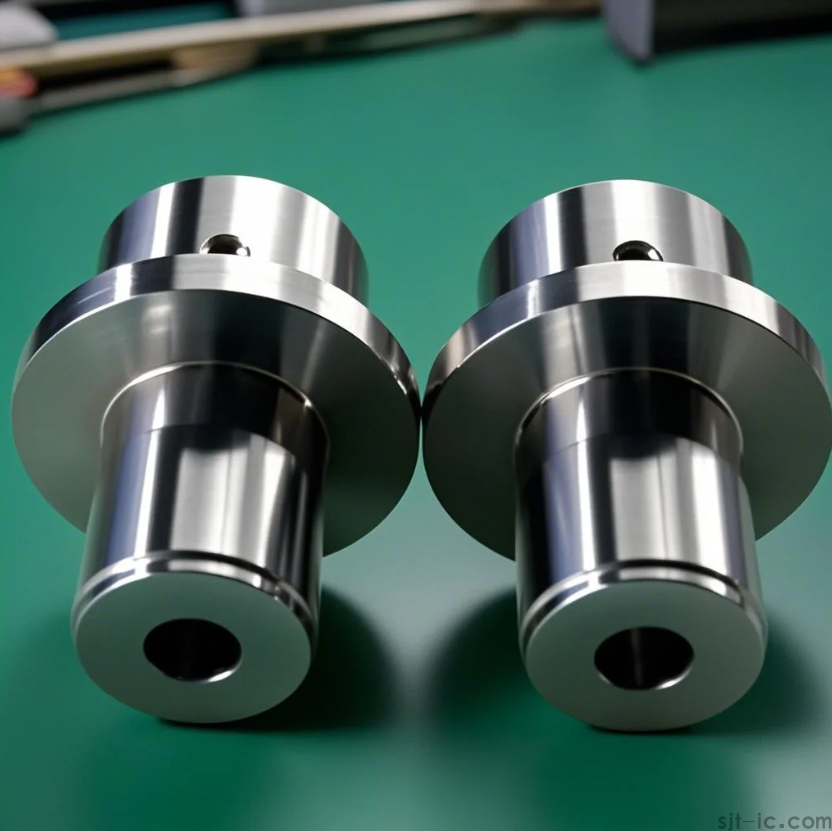
What Exactly is "Precision" in CNC Stainless Steel Machining?
First things first, let's clear this up. When we talk about "precision," we're not just throwing around a fancy word. It means the ability to consistently produce parts with extremely tight tolerances – think dimensions that are accurate to within a few human hairs! For stainless steel, this is tricky because the material can be tough and move a bit during cutting. A true precision supplier has the right machines and expertise to control this. I often find that shops claiming high precision might be stretching the truth a bit. Their actual capability, perhaps, depends on the specific part geometry, a detail that's not always clear upfront.
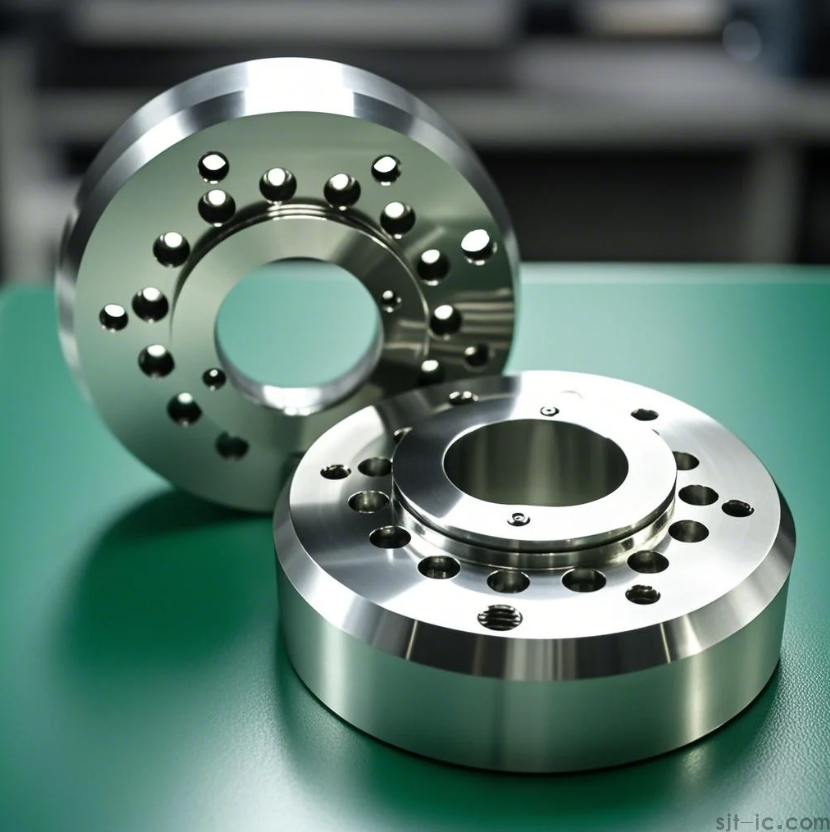
Key Factors You MUST Consider (Beyond the Price Tag) 💡
Look, I get it. Price is important. But it shouldn't be the only thing. Here’s what I always check:
1. Machine Technology and Calibration: Are their CNC machines modern and well-maintained? Old machines simply can't hold tight tolerances over time.
2. Experience with Your Material: Not all stainless steel is the same. A supplier experienced with 304 or 316L might struggle with harder grades like 17-4PH. Ask them about their specific experience!
3. Quality Control Processes: Do they just do a final check, or do they monitor quality at every step? This is a huge difference maker.
4. Communication and Service: Can you easily get updates? A reliable partner acts like an extension of your own team.
Red Flags: When to Walk Away 🚩
Over the years, I've learned to spot a few warning signs. Be cautious if a supplier:
• Is vague about their inspection equipment (e.g., "Yeah, we have CMMs" but can't describe how they use them).
• Promises an unrealistically fast turnaround for complex parts. Quality takes time.
• Is unwilling to provide a detailed breakdown of their costs. Transparency is key.
• Avoids questions about their team's experience level. The people operating the machines matter most!
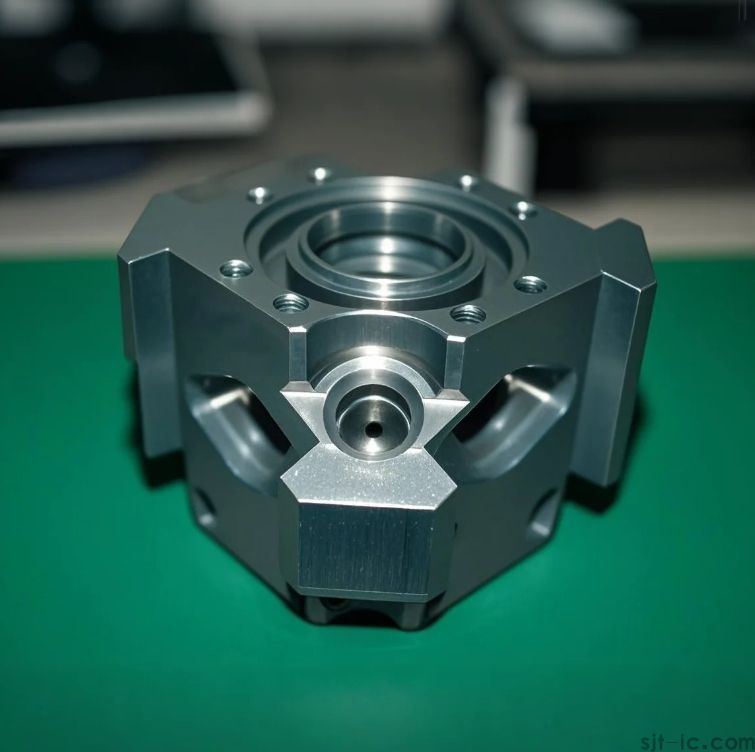
A Practical Step-by-Step Approach for Vetting
Okay, so how do you actually do this? Here's a method I frequently use:
Step 1: Shortlist based on technical capability. Can they handle the size, material, and tolerance your part requires?
Step 2: Initiate a conversation. Gauge their responsiveness and willingness to understand your needs. It's not just about sending a quote.
Step 3: Request a sample or prototype run. This is the best way to test the waters. The cost of a small sample is worth the long-term assurance.
Step 4: Audit their quality reports. If possible, ask to see documentation from a previous job. It tells you a lot about their standards.
That said, the exact mechanism for how communication quality translates to final part quality is something I'm still figuring out, but the correlation seems strong in my experience.
My Personal Takeaway
Finding a great CNC stainless steel fabrication supplier is more about building a relationship than just buying a service. The cheapest option often ends up being the most expensive when you factor in reworks and project delays. Look for a partner who asks questions, points out potential issues in your design, and seems genuinely invested in your project's success. That kind of collaboration is, in my view, the real secret to getting top-quality precision parts. Hope this helps you on your search! 👍


 Spanish
Spanish Arabic
Arabic French
French Portuguese
Portuguese Belarusian
Belarusian Japanese
Japanese Russian
Russian Malay
Malay Icelandic
Icelandic Bulgarian
Bulgarian Azerbaijani
Azerbaijani Estonian
Estonian Irish
Irish Polish
Polish Persian
Persian Boolean
Boolean Danish
Danish German
German Filipino
Filipino Finnish
Finnish Korean
Korean Dutch
Dutch Galician
Galician Catalan
Catalan Czech
Czech Croatian
Croatian Latin
Latin Latvian
Latvian Romanian
Romanian Maltese
Maltese Macedonian
Macedonian Norwegian
Norwegian Swedish
Swedish Serbian
Serbian Slovak
Slovak Slovenian
Slovenian Swahili
Swahili Thai
Thai Turkish
Turkish Welsh
Welsh Urdu
Urdu Ukrainian
Ukrainian Greek
Greek Hungarian
Hungarian Italian
Italian Yiddish
Yiddish Indonesian
Indonesian Vietnamese
Vietnamese Haitian Creole
Haitian Creole Spanish Basque
Spanish Basque

